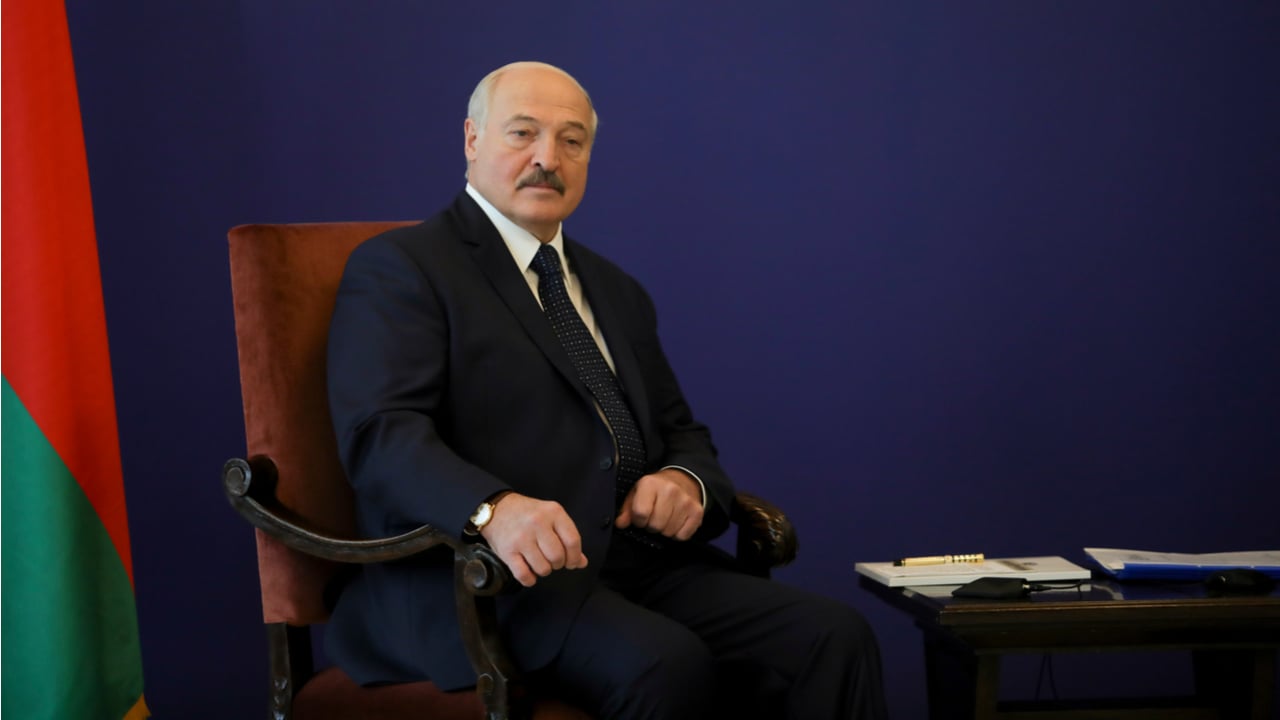
President Alexander Lukashenko has signed another decree regulating the crypto economy of Belarus. It envisages the establishment of a register for cryptocurrency wallets and addresses certain legal aspects pertaining to the circulation of cryptocurrencies in the country.
Presidential Decree Aims to Prevent Use of Crypto Wallets in Criminal Activities
Belarusian President Alexander Lukashenko has signed a new decree that expands his country’s regulatory framework for cryptocurrencies. The move will allow the Belarus High-Tech Park (HTP), which oversees the nation’s crypto space, to create a register for crypto wallet addresses that are or can be used for illicit purposes.
The stated goal is to “protect participants in the digital asset market from loss of property and prevent unintentional involvement in activities prohibited by law,” the president’s press service noted in an announcement. Decree № 48, “On the register of addresses (identifiers) of virtual wallets and features of the circulation of cryptocurrency” is dated Feb. 14, 2022. Lukashenko’s administration also emphasized:
Belarus is consistently developing the legal field for regulating activities related to digital assets, and, unlike many other states, allows the free circulation of digital currencies.
Belarusian officials believe this requires “constant monitoring of the situation” and when necessary, “supplementing and clarifying regulatory norms.” That includes efforts to prevent the financing of activities prohibited by the law, which has been the main reason for the adoption of the latest crypto decree.
Wallet addresses will be added to the register if law enforcement agencies obtain information suggesting they are being used for illegal operations or transactions related to extremism and terrorism. The decree also introduces procedures for authorities to seize crypto assets with the help of entities operating exchanges and other crypto platforms.
The government in Minsk will have three months to take the necessary steps to implement Lukashenko’s order which will then enter into force. Belarus legalized crypto activities with another presidential decree signed in 2017. It was enforced in May of the following year and introduced tax breaks and other incentives for crypto businesses.
Last March, the Belarusian head of state hinted at a possible tightening of the rules for the industry, citing China’s example, but HTP officials later indicated that the authorities do not intend to adopt stricter regulations. Earlier this month, news came out that Belarus is preparing to allow investment funds to acquire digital assets.
Although cryptocurrencies cannot be used for payments in the country, Belarus ranks third in Eastern Europe in terms of crypto adoption largely due to strong peer-to-peer activity, according to the Crypto Adoption Index by blockchain analytics firm Chainalysis. Two other former Soviet republics, Ukraine and Russia, hold the top spots in the region.
Do you expect Belarus to adopt more regulations for its crypto market? Tell us in the comments section below.
Comments
Post a Comment